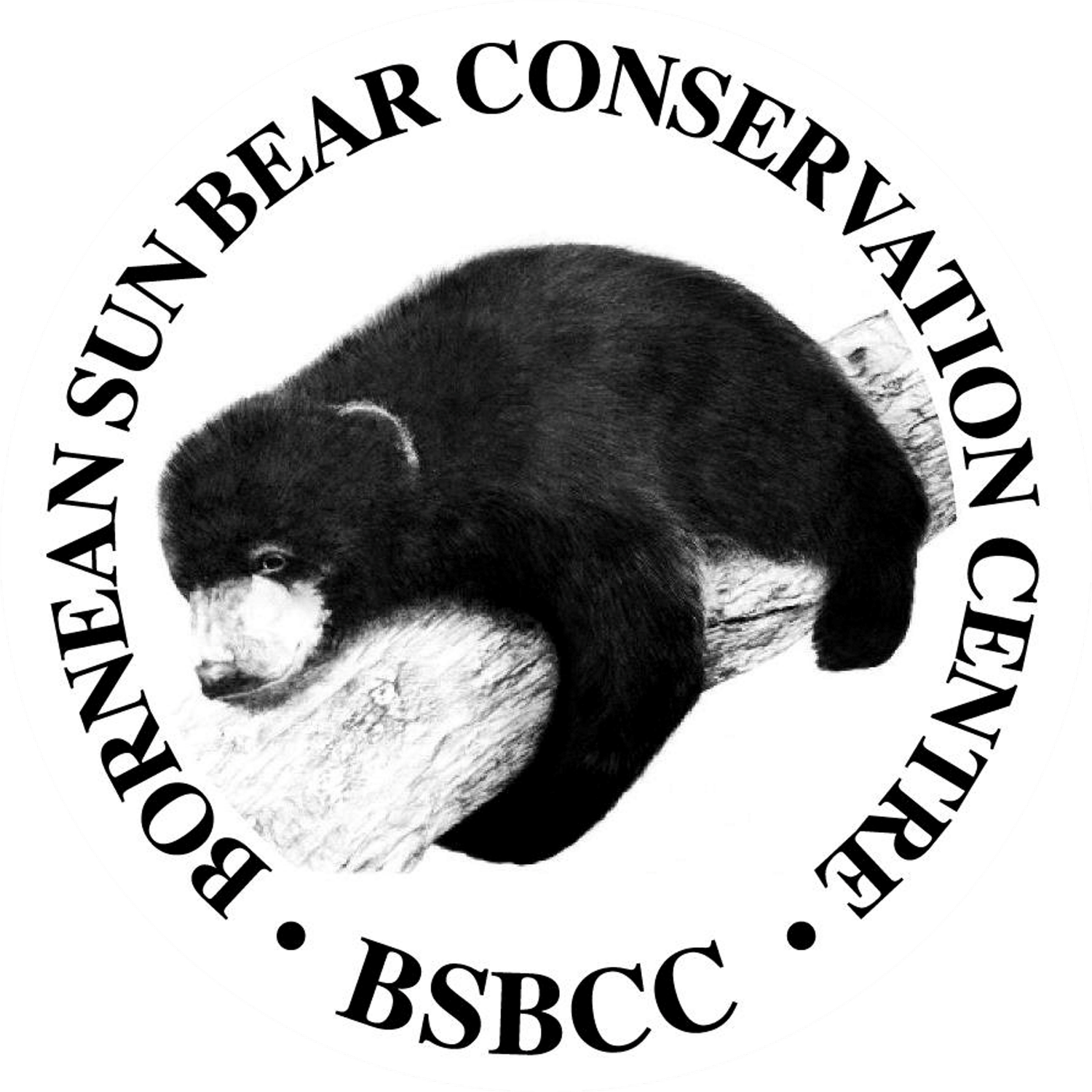The Six Months Progress of Betung in BSBCC
It all begins with an idea.
On Betung arrival, she only weighed 1.4kg. She was tiny and weak. She looked much smaller than she should be. After six months of care, she has grown to a healthy sun bear.
Seeing the forest's beauty, and Betung found reasons to love the forest more.
Wildlife Conservation Requires Public Awareness
It all begins with an idea.
Text & Photos by Seng Yen Wah
The Sun Bear is the smallest bear species in the world. They are listed in Appendix I of the Convention on International Trade in Endangered Species of Wild Fauna and Flora (CITES). This means that it is illegal to trade them on all international commercial trades in bear parts and products. However, illegal wildlife trade is still one of the biggest threats to all the wildlife species. So, what is wildlife? Wildlife is the animals that grow or live wild and independently in a natural condition.
Some people still believe that bear bile and gall bladder are very good traditional medicine. Poachers also poached the bears for the meats, the claws, and canines as a souvenir. Consequently, more wild sun bears are killed for it. They do not deserve being treated like this!
In Malaysia, the administrate regions are divided into three semi-autonomous ones: Peninsular Malaysia, Sarawak, and Sabah. Sabah and Sarawak can make separated laws on matters in the ‘State List’ and the ‘Concurrent List’ of the Constitution, which include the wildlife law. As a result, there is not a unified wildlife enforcement law but three wildlife laws in Malaysia.
Sun bears are a totally protected species under the Wildlife Conservation Enactment 1997 in Sabah and Wildlife Conservation Act 2010 (Act 716) in Peninsular Malaysia. However, Sun bears are only listed as a protected status under Sarawak’s Wildlife Protection Ordinance.
When technology is getting advanced, social media become a MUST in our life. However, exotic animals and wildlife are endangered due to advanced technology. How so? Selling them has become easy and it creates a market demand. A simple click then the purchase is done. Cuteness is a curse for wildlife. They are cute but it does not mean that they deserve to be kept as house pets. Take the sun bear as an example, the cubs stay together with the mother bear for two to three years. So, where is the mother bear when a bear cub is found alone? Have you ever wondered why the mother bear abandoned her own cub? The answer is that a mother bear will never abandon her cub unless she was killed by the hunters! What about the bear cub? It ends up being a pet for them! No reasons can be acceptable and tolerated for their deeds, what the poachers have done is unforgivable!
Sun bears are classified as Vulnerable on the IUCN Red List. The population of sun bears are decreasing. The forest is the wildlife’s home - a natural habitat. However, development of the country scarifies the forest to increase the country’s economic growth. And, wildlife has no chance to say No for what happened to them. They are losing their home and their friends. Extinction of species will cause ecosystem imbalance. Every species is playing their role in the forest, just like the sun bear.
Sun bears are the forest planter. Sun bears are opportunistic omnivores. They consume a variety of forest fruit. As they travel, they disperse the seed in the forest. When the seed furthers away from the mother tree, the seed will have a higher survival rate. Besides, sun bears are excellent climbers. Sharp claws are served as important tools for them to climb. One of the reasons they climb trees is to harvest honey from beehives. Sun bear loves honey and this is why they also are known as a honey bear! When the sun bears want to get honey from a tree, they use their claws and strong canine to tear the tree trunks and get the honey inside. After that, it creates a cavity in the tree that can be used as a nesting site or a resting place for other animals, such as flying squirrels and hornbills.
Termites feed on live and dead trees. They build their colonies in the host tree, which makes the tree unhealthy and hasten the decaying and rotting process of a tree. Sun bears love to eat termites. Termites are one of the important protein sources of sun bears. They will dig into termite nests and consume them. Sun bears spend time on digging. Further than termites, they also dig for invertebrates such as pill millipedes, beetle grubs, and ants. Digging contributes to enhancing the nutrient cycle in the forest and consume the termites can help to keep the forest healthy. Every species in the forest helps to maintain the ecosystem balance but the balance is slowly destroyed by human disturbance. The out of control human activities are threatening the lives of wildlife.
The sun bear is the forgotten bear species. But, they need your attention! Spread the word and let’s save the Sun Bears together!
Arboreal Sun Bear
It all begins with an idea.
The sun bears are arboreal animals!
Ever wonder what is the sun bear doing in the trees?






